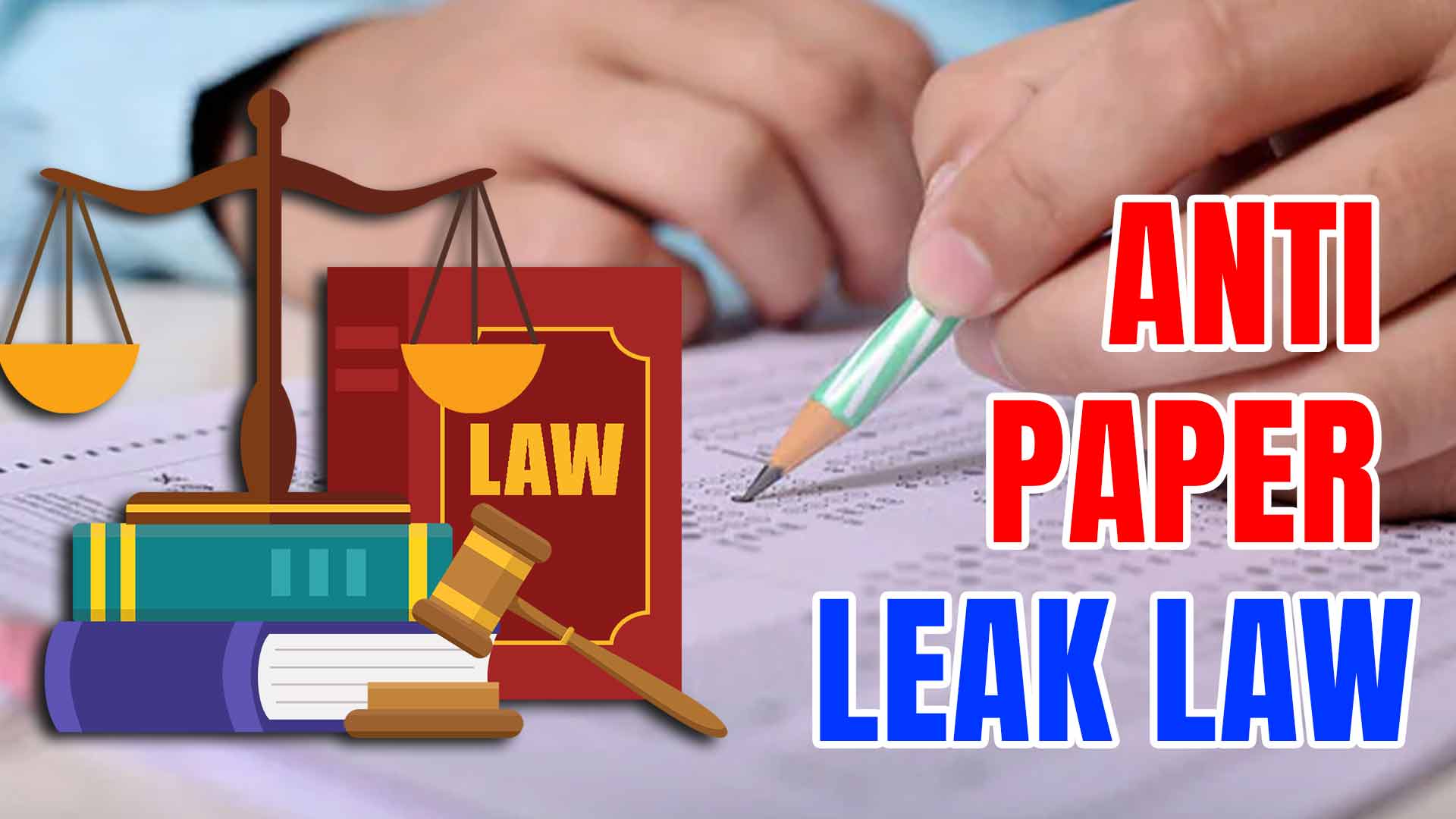Amid growing concerns over the integrity of major public examinations, the Indian government has enacted a new law to combat paper leaks and cheating. The Public Examinations (Prevention of Unfair Means) Act, 2024, which became effective on June 21, introduces strict penalties for those involved in examination malpractices.
The Act, signed into law in February, aims to enhance transparency, fairness, and credibility in public examinations. It prescribes a minimum jail term of three years, extendable to five years, and fines up to ₹10 lakh for individuals found guilty of leaking exam papers or tampering with answer sheets. Examination service providers failing to report such offences can face fines up to ₹1 crore.
This legislation arrives at a crucial time, following widespread allegations of paper leaks in the NEET and UGC-NET exams. The government’s response includes provisions for severe punishments, with potential imprisonment of up to 10 years and fines reaching ₹1 crore for organized cheating operations.
Education Minister Dharmendra Pradhan confirmed that the law ministry had been working on the implementation rules, which have now been finalized. The swift enactment follows the cancellation of the 2024 UGC-NET exam due to suspected compromises in its integrity. Over 9 lakh candidates had appeared for this exam, and its cancellation marks a significant step under the new legislation.
The NEET UG 2024 exam, held on May 5, saw allegations of question paper leaks and the inappropriate awarding of grace marks to over 1,500 students, leading to protests and legal challenges. Despite these controversies, the NTA denied all accusations of wrongdoing.
Adding to the drama, the Economic Offences Unit (EOU) from Bihar had requested information from the NTA, which was not provided, further fueling suspicions. The arrest of alleged kingpin Sikander Yaduvendu has intensified the scrutiny on the NTA, with expectations that more high-profile names will emerge.
The new Act addresses a significant gap, as there was previously no specific law targeting unfair means in public examinations conducted by central government agencies. The Bharatiya Nyaya Sanhita will complement the provisions of this Act, which remain in effect until its implementation on July 1.
Reacting to the legislation, the opposition party, Congress, labeled it as a "damage control" measure. Congress leader Jairam Ramesh emphasized the need for preventive systems to avoid leaks in the first place, rather than just punitive measures after the fact.
The ongoing controversies surrounding NEET and UGC-NET have sparked nationwide protests, with nearly 24 lakh students participating in the NEET-UG 2024. The announcement of results ten days ahead of schedule and the subsequent allegations of malpractice have led to widespread unrest.
The government's decisive actions reflect a commitment to safeguarding the integrity of public examinations. However, the effectiveness of these measures in restoring trust among students and the broader public remains to be seen as investigations continue and more information comes to light.





Recent comments
Latest Comments section by users